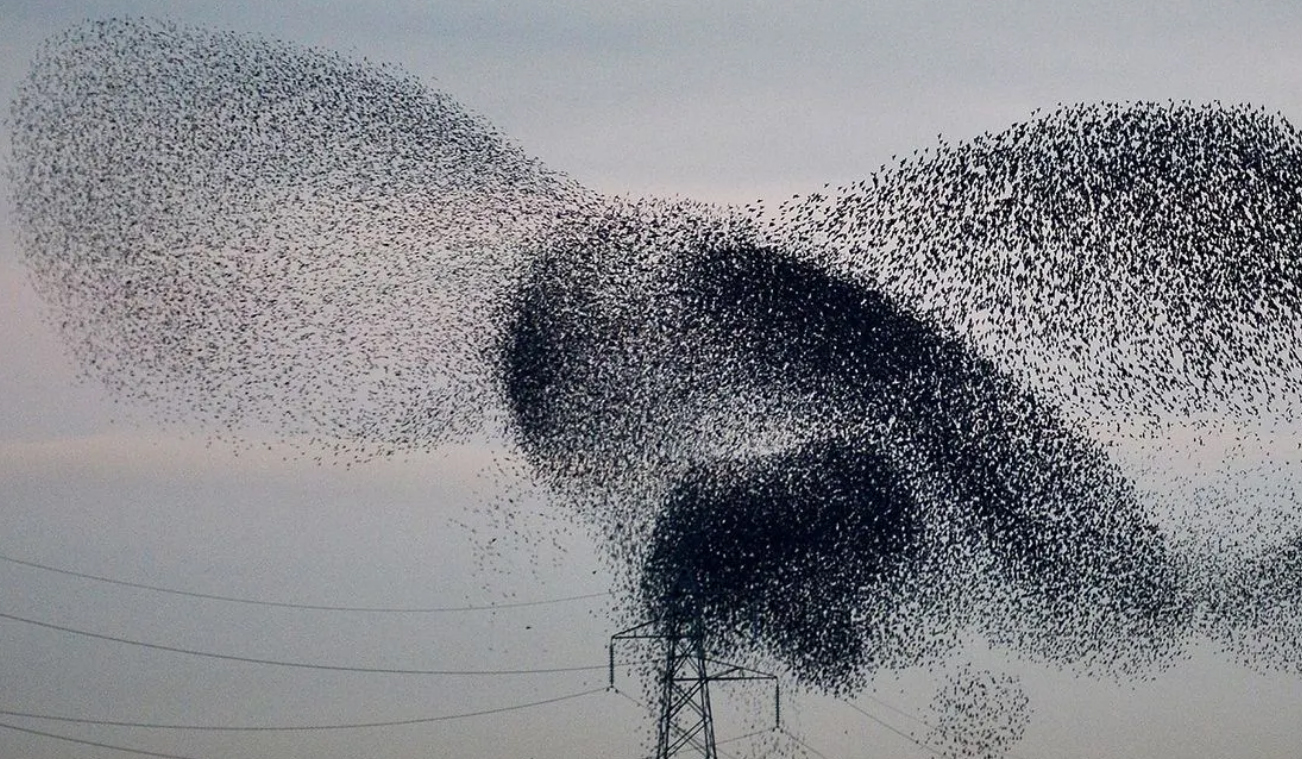
By Andreas Nieder
September 7, 2020
From the MIT Press Reader
One of the key findings over the past decades is that our number faculty is deeply rooted in our biological ancestry, and not based on our ability to use language. Considering the multitude of situations in which we humans use numerical information, life without numbers is inconceivable.
But what was the benefit of numerical competence for our ancestors, before they became Homo sapiens? Why would animals crunch numbers in the first place?
It turns out that processing numbers offers a significant benefit for survival, which is why this behavioural trait is present in many animal populations. Several studies examining animals in their ecological environments suggest that representing numbers enhances an animal’s ability to exploit food sources, hunt prey, avoid predation, navigate its habitat, and persist in social interactions.
Before numerically competent animals evolved on the planet, single-celled microscopic bacteria – the oldest living organisms on Earth – already exploited quantitative information. The way bacteria make a living is through their consumption of nutrients from their environment. Mostly, they grow and divide themselves to multiply. However, in recent years, microbiologists have discovered they also have a social life and are able to sense the presence or absence of other bacteria. In other words, they can sense the number of bacteria.
Take, for example, the marine bacterium Vibrio fischeri. It has a special property that allows it to produce light through a process called bioluminescence, similar to how fireflies give off light. If these bacteria are in dilute water solutions (where they are essentially alone), they make no light. But when they grow to a certain cell number of bacteria, all of them produce light simultaneously. Therefore, Vibrio fischeri can distinguish when they are alone and when they are together.
Read more:
https://www.bbc.com/future/article/20200907-the-remarkable-ways-animals-understand-numbers